Stop Subsidizing Hog Production, NPPC Asks Canada
WASHINGTON, D.C., June 14, 2012 – In discussions this week with Canadian federal and provincial government officials, the National Pork Producers Council asked that Canada stop its hog subsidy programs before entering the Trans-Pacific Partnership (TPP) trade talks. It pointed out that if similar programs existed in the United States, U.S. pork production would more than double in 10 years, adversely affecting the Canadian hog market.
[The TPP is an Asia-Pacific regional trade agreement that currently includes the United States, Australia, Brunei, Chile, Malaysia, New Zealand, Peru, Singapore and Vietnam. Subsidy programs are not within the scope of the TPP negotiations.]
Looking only at the Quebec subsidy program, Iowa State University economist Dermot Hayes estimated that a similar U.S. program would increase pork production in the United States by 8.4 percent annually. Over 10 years, an additional 140 million hogs would be marketed, with Iowa alone adding 41 million animals to that number. (Currently, about 110 million hogs a year are marketed in the United States.)
“The Canadian subsidy programs distort the North American hog and pork market, limiting the growth of U.S. production, employment and profitability,” said Doug Wolf, NPPC’s immediate past president and chairman of its trade committee. “Canada’s entry into the TPP negotiations should be contingent on renunciation of its trade-distorting subsidies.”
Hayes has calculated, for example, that over five years Ontario’s Risk Management Program, which would boost Canadian hog production by more than 606,000 animals, would cut U.S. pork production by more than 430,000 hogs worth more than $73 million and cost nearly 600 U.S. pork industry jobs.
In response to criticism of its subsidy programs, Canada has pointed to the U.S. Mandatory Country-of-Origin Labeling (MCOOL) law, which the World Trade Organization last November said violates U.S. trade obligations. But the U.S. pork industry did not support MCOOL, and NPPC is urging the United States to comply with the upcoming WTO appellate ruling on the U.S. appeal of the earlier decision.
“You can’t argue that MCOOL distorts the hog markets then ignore the far greater impact of the Canadian subsidy programs,” Wolf said.
